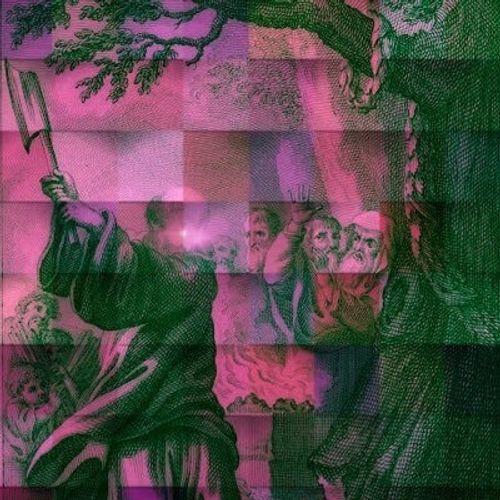Death and Resurrection | Daniel 6:1-28
The narrative of Daniel in the lion's den, while famous as a Sunday School tale, holds profound theological significance within the Book of Daniel. It encapsulates themes of death and resurrection, not only pertaining to Daniel but also symbolizing the broader experience of God's people under foreign rule. When Darius ascends as ruler of the oikoumene, he appoints satraps to govern his provinces, among whom Daniel excels. However, jealous officials conspire against him, manipulating Darius into signing a decree that bans prayer to any deity or man except Darius himself for 30 days, under penalty of being thrown into the lions' den. This plot not only targets Daniel but subtly aims at elevating Darius to a divine status, contrasting with Nebuchadnezzar's earlier lesson in humility.
Despite the decree, Daniel chooses to pray openly towards Jerusalem, not worshipping the city but interceding for its restoration and the end of the Babylonian exile. Caught by the satraps, Daniel is sentenced to the lion's den, but Darius, showing a stark contrast to Nebuchadnezzar's pride, trusts in Daniel's God to save him. The narrative unfolds with a miraculous intervention where God's angel seals the lions' mouths, sparing Daniel. The next morning, Darius, having fasted in concern, joyously finds Daniel unharmed, leading to the execution of Daniel's accusers by the same lions. Darius then issues a new decree, acknowledging the supremacy of Daniel's God, which signifies a transformation in his rule from one of human pride to divine recognition. This story not only portrays Daniel's personal faith and deliverance but also serves as a metaphor for the resilience and ultimate vindication of the faithful amidst persecution, paralleling the Christian narrative of suffering, resurrection, and the divine establishment of God's kingdom.



